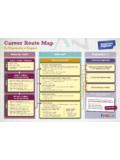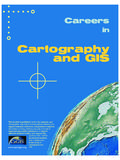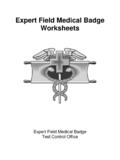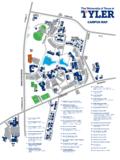Transcription of Career Route Map - Tomorrow’s Engineers
1 Advanced Apprenticeship: Engineering, IT, Construction, Built Environment, Manufacturing A level: Maths, Physics (Useful subjects: Chemistry, Computing, D&T, Further Maths) IB Diploma: Higher Level Maths, Physics Chemistry for chemical and biomedical engineering Tech Level Qualifications (T-levels), BTEC Level 3 / NVQ 3: Engineering, Construction & Built Environment, Science, ICT 6th Form / College / On-the-job trainingLEVEL 3 Career Route Mapfor Engineering in EnglandWhat next?Progressing Engineer (CEng)Incorporated Engineer (IEng)Engineering Technician (EngTech) or ICT Technician (ICTTech)For details of all routes into engineering, go to: you can also find: Case studies & job profiles Whose Crew Are You? quiz Careers materials & activitiesand lots the Engineering Council s website at School / College / On-the-job trainingLEVEL 2 Apprenticeship (Intermediate): Engineering, IT, Construction, Built Environment, Manufacturing GCSE / IGCSE 9-4 (A* to C): Maths, Science (ideally triple science) (Useful subjects: D&T, ICT, Computing, Engineering) BTEC Level 2 / NVQ 2: Engineering, Construction & Built Environment, Science, ICT School / College / Workplace GCSE 3-1 (D-G) BTEC Level 1 / NVQ 1 Traineeships: For 16-23 year olds qualified below Level 3 Where do I start?
2 LEVEL 1 University Degrees In general engineering, a specific field of engineering, computer science, manufacturing or technology Accredited by the Engineering CouncilBachelor s Degree (BEng / BSc) 3 to 4 years Can include a year working in industry / a year abroad Can be followed by a 1-year MEng/MSc to register as a Chartered Engineer Master s Degree (MEng / MSc) 4 to 5 years Can include a year working in industry / a year abroadAdvanced / Higher Apprenticeship Available in a variety of industries including: Advanced Manufacturing, Aerospace, Automotive, Power, IT, Construction, Sustainable Technologies Combine workplace training with study Typically 3 to 4 years Can include vocational qualifications or a degree Approved by the Engineering CouncilHigher National Certificate (HNC) / Diploma (HND) Vocational higher education qualifications, often taken whilst in employment Can be taken at colleges and universities Typically 1 to 2 years Foundation Degree (FD) Usually undertaken as a part time qualification whilst in employment Typically 2 years Further learning to Bachelor s level required for IEng registrationTraining and EducationProfessional RegistrationDegree Apprenticeship Combine workplace training with studying towards Bachelor s or Master s degree Typically 3 to 6 years








